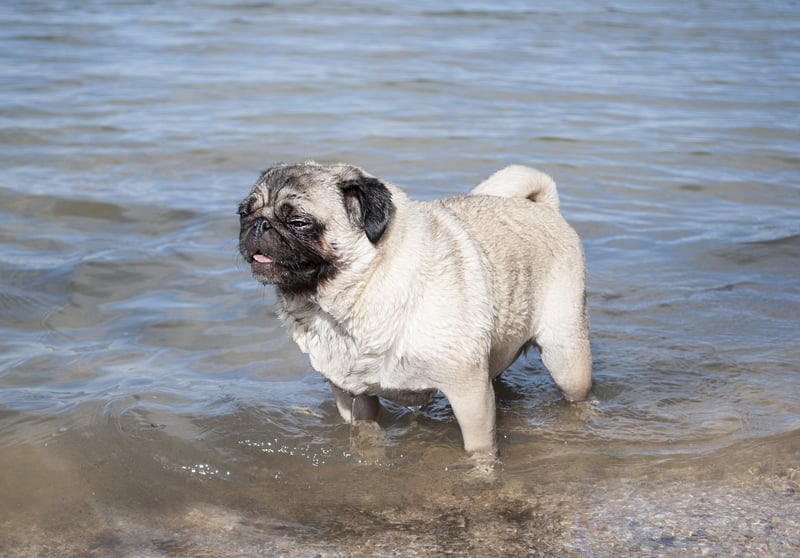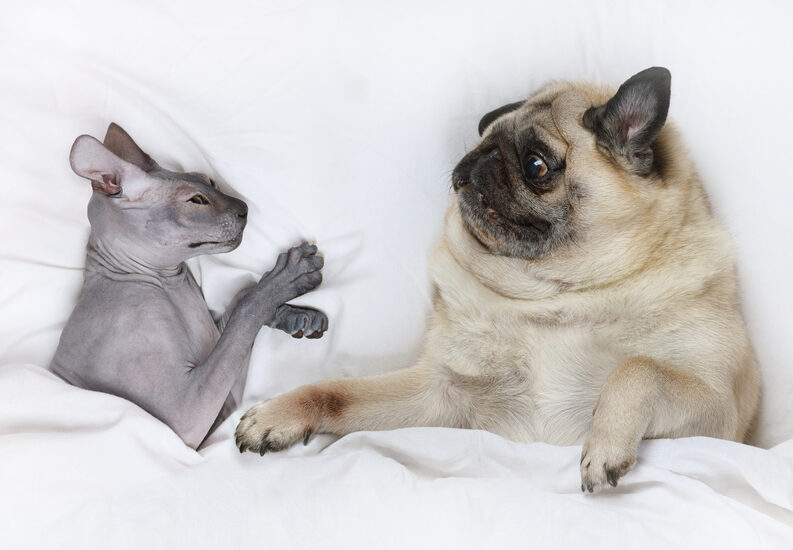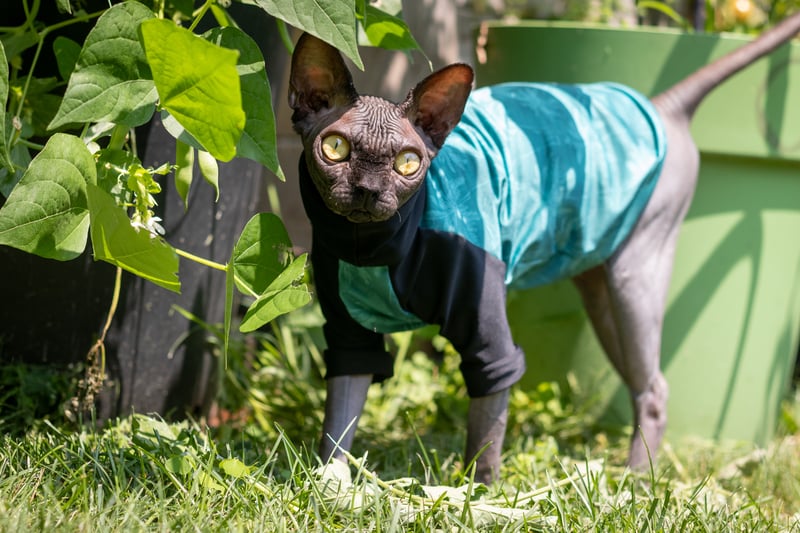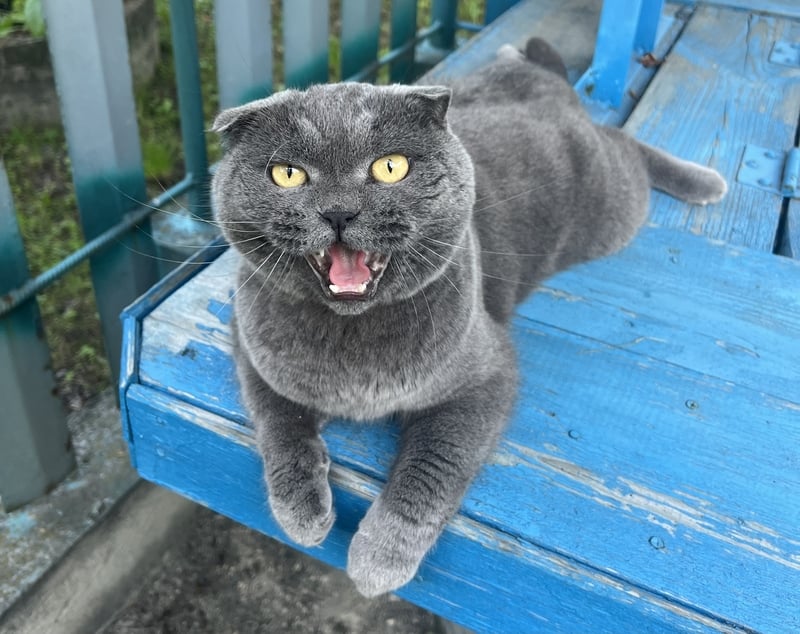“Beauty is pain”? Nee, the Dutch House of Representatives disagrees: they just voted to ban the trading and keeping of three genetically modified pet breeds with congenital health issues.
The motion, presented by the PVV and Party for the Animals (PvdD), was voted in yesterday by a large majority, reports the NOS.
Which pets are affected?
The ban would stop people in the Netherlands from selling, buying, and keeping pets that have been bred for aesthetics that cause health problems.
READ MORE | Getting a pet in the Netherlands: the ultimate guide
Specifically, the ban will concern one dog and two cat breeds, all of which are already subject to a breeding ban. 👇
Pugs

Yes, pugs are adorable. Their big, round head with a flat nose and protuberant eyes make them super cute — but also give them breathing problems, eye ulcers, and dental issues.
Hairless cats
A cat that doesn’t turn your entire apartment into one big ball of fur, doesn’t make you allergic, and looks like a beautiful alien? No wonder hairless cats have become a sensation.
However, their fascinating appearance comes at a cost: the lack of hair makes them much more likely to develop skin, eye, and teeth infections — shortening their life expectancy.
Scottish Fold cats
Scottish Fold cats, taking their name from their adorably folded ears, make for great family cats — but unfortunately, they don’t have as much of a good time as their owners.
The genetic modification that makes their ears fold also makes them susceptible to degenerative joint diseases, which can make moving very painful for them.
So, what happens to the pets?
If your pet belongs to one of these breeds, geen paniek — you’re allowed to keep it.
Once the ban is enforced, however, it will effectively prevent people from adopting these pets in the future, especially considering that their breeding is already illegal in the Netherlands.
Turning this motion into law, however, might prove quite tricky.
READ NEXT | The guide to relocating your pet to the Netherlands in 2024
The ban can only be imposed “if these characteristics always cause serious suffering in each individual animal,” a spokesperson for the Ministry of Agriculture, Fisheries, Food Security and Nature (LVVN) tells NOS.
“For a large part of the external characteristics, this is not the case, so this must be assessed per characteristic,” they add.
Therefore, the laws will only be written after careful consideration of each modification’s health hazards, and will outlaw certain characteristics, rather than specific breeds.
What do you think of the ban on pugs, hairless cats, and Scottish fold cats? You can tell us in the comments below.





